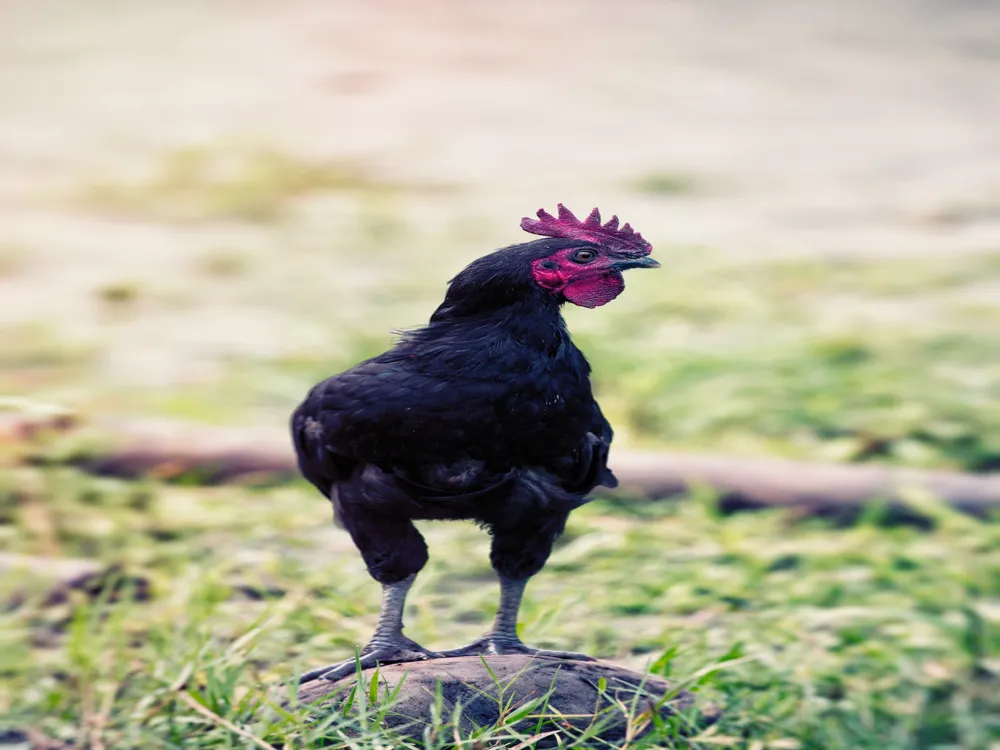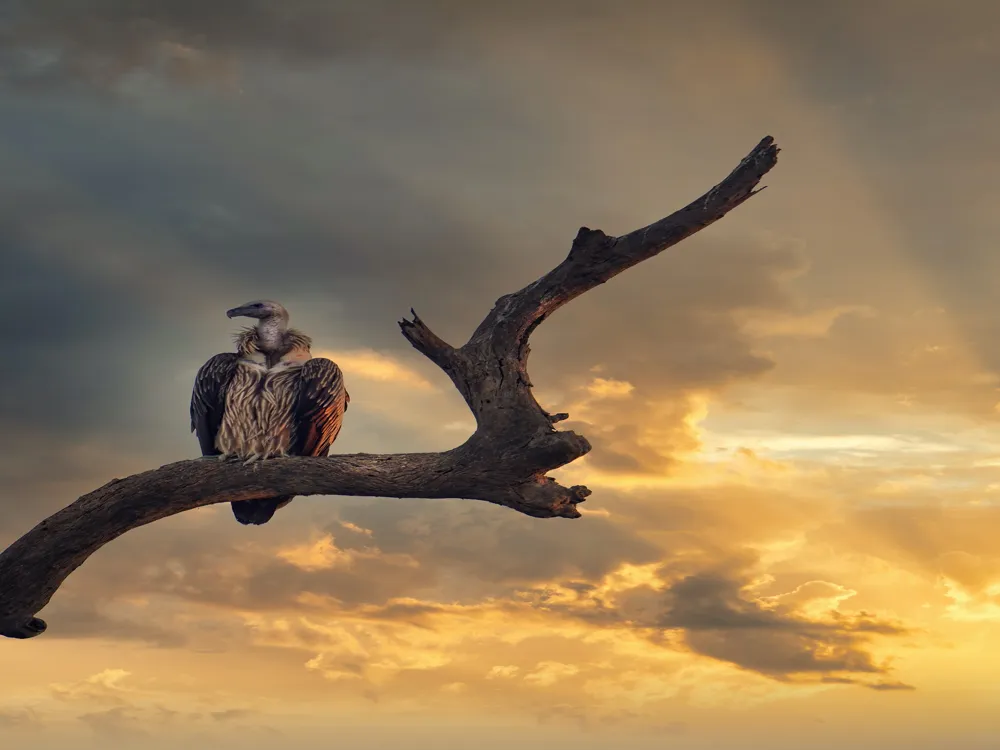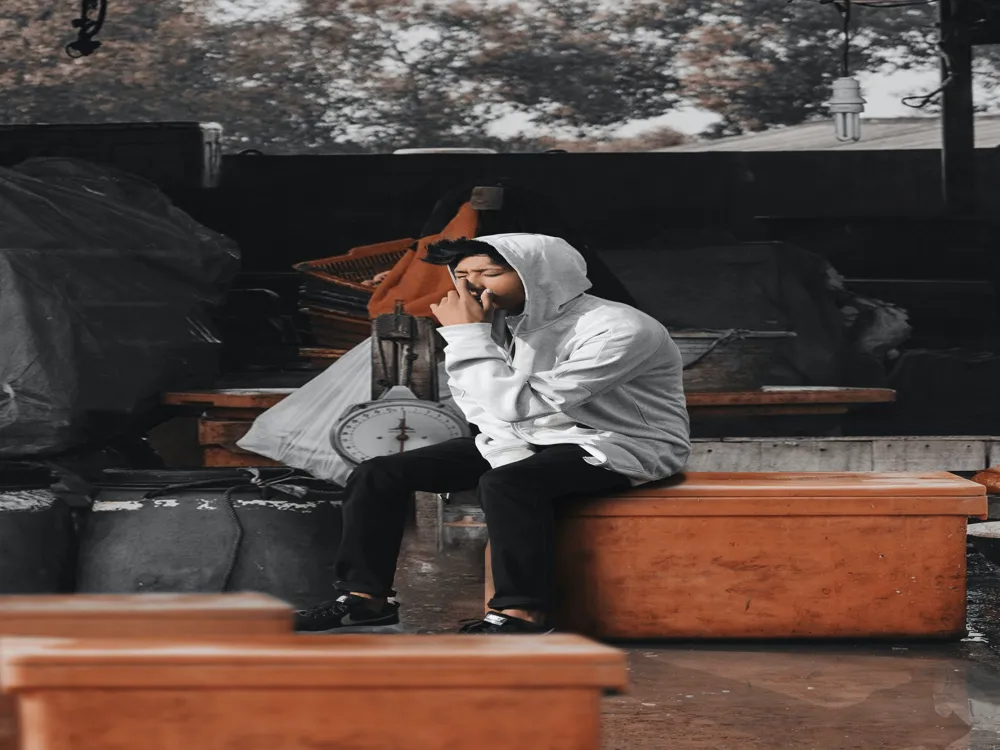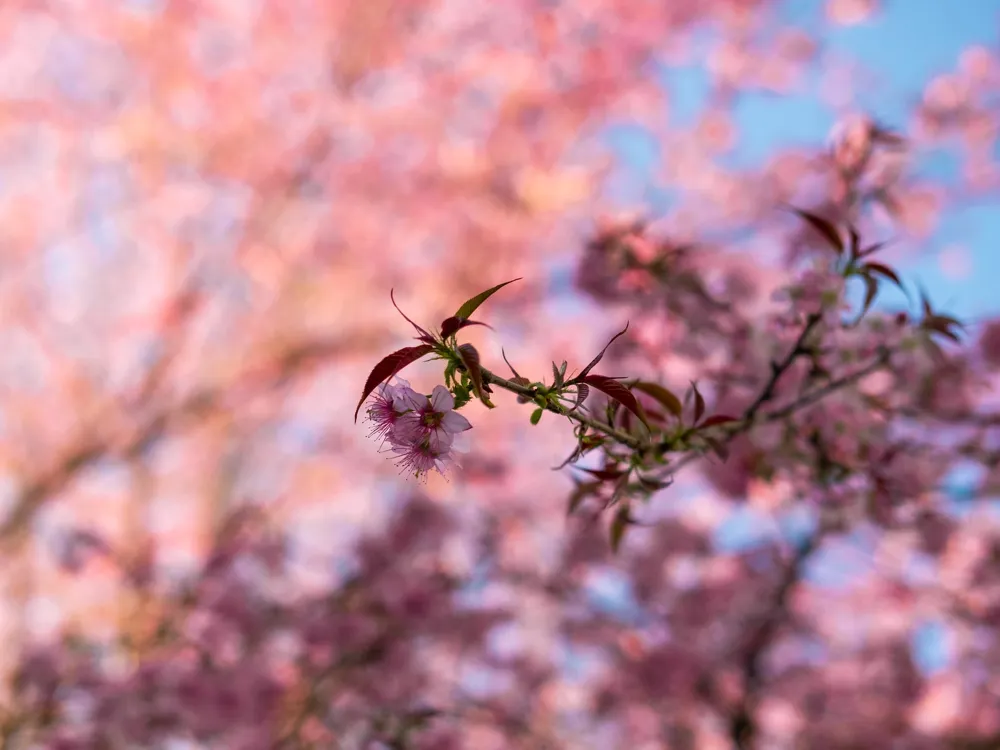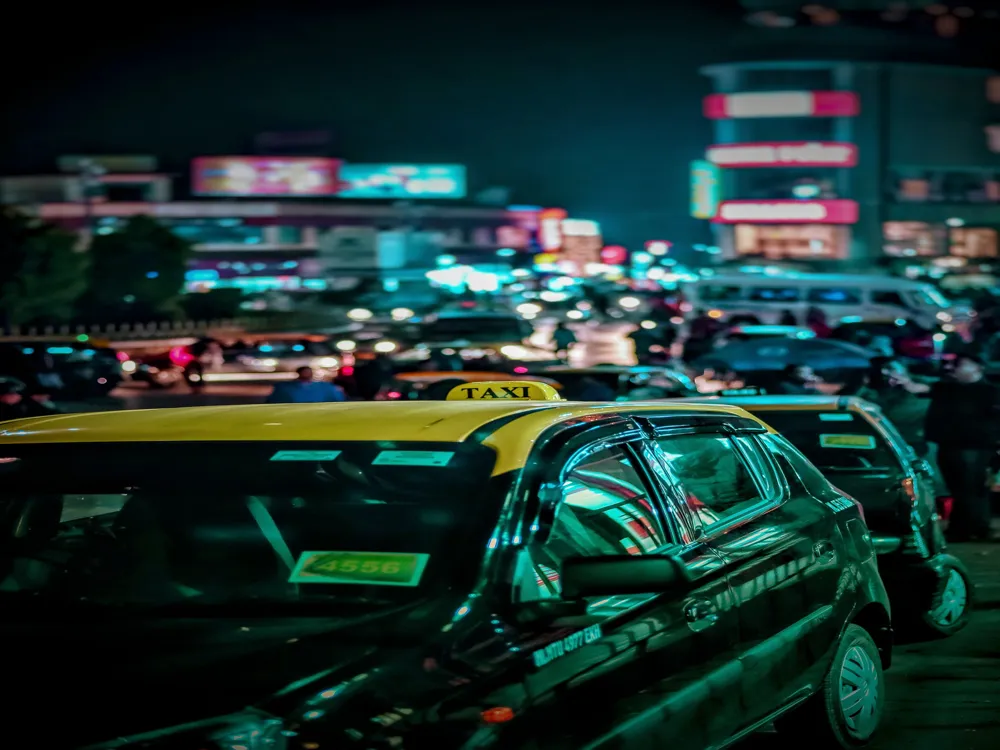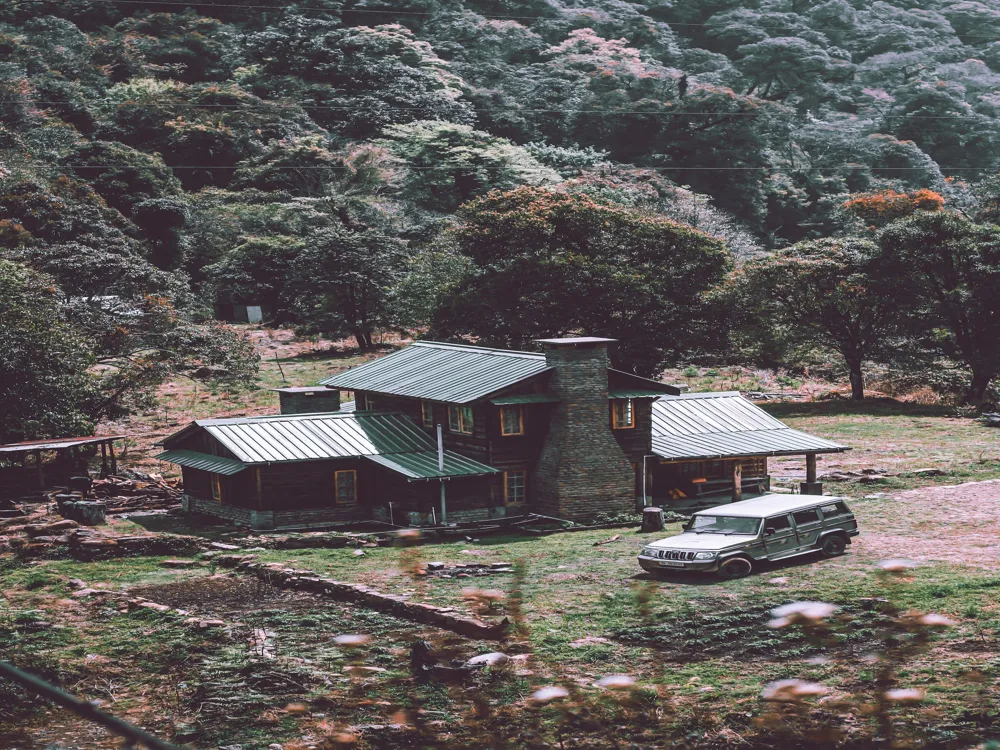The Dhekiakhowa Bor Namghar, located in the heart of Jorhat, Assam, stands as a testament to the rich cultural and religious heritage of the region. Established in 1461 by the revered saint and cultural icon, Saint Sri Sri Madhavdeva, this Namghar (place of worship) has been a pivotal center for the Ekasarana Dharma propagated by Srimanta Sankardeva. Over the centuries, it has not only been a spiritual hub but also a confluence of Assamese art, culture, and social life. Spanning a rich history of over five centuries, Dhekiakhowa Bor Namghar is deeply ingrained in the socio-cultural fabric of Assam. It has played a significant role in unifying diverse communities under the ethos of Vaishnavism. The Namghar is renowned for its annual Raas Leela, attracting devotees and tourists alike, thus symbolizing communal harmony and cultural vibrancy. The eternal lamp, kindled by Madhavdeva, still burns here, symbolizing the enduring essence of faith and devotion in Assam. The architecture of Dhekiakhowa Bor Namghar is a splendid example of Assamese craftsmanship and design. The structure, predominantly built of wood and bamboo, reflects the traditional Ahom architectural style. Intricate carvings and artworks adorn its walls, depicting scenes from Indian mythology and local folklore, making it a veritable treasure trove of art and history. The central prayer hall, with its elevated base and pitched roof, is characteristic of the Namghar architecture. The hall is spacious, designed to accommodate a large number of devotees. The inner sanctum, where the sacred scripture 'Bhagavat Purana' is kept, exudes a sense of tranquility and spiritual aura. The outer walls are embellished with vibrant motifs and frescoes, showcasing the rich artistic legacy of Assam. Over the years, renovations have been made, but the essence of the original structure and its artistic elements have been meticulously preserved. Visitors are advised to dress modestly, in attire that respects the religious sanctity of the Namghar. Traditional Indian wear is recommended. Silence should be maintained within the prayer hall, and footwear must be removed before entering. While photography may be allowed in certain areas, it is prohibited inside the prayer hall. Always seek permission before taking photographs and be mindful not to disturb the worshippers. Visitors are welcome to participate in the daily prayers and rituals. However, it is important to follow the guidance of the temple authorities and respect local customs and traditions. Dhekiakhowa Bor Namghar is easily accessible from various parts of Assam. The nearest airport is Jorhat Airport, from where one can hire taxis or use public transport to reach Namghar. Jorhat town is well-connected by road and rail, with frequent bus and train services from major cities like Guwahati and Dibrugarh. Local transportation within Jorhat, including auto-rickshaws and buses, is readily available for a convenient journey to the Namghar. Read MoreOverview of Dhekiakhowa Bor Namghar, Jorhat, Assam
Architectural Grandeur of Dhekiakhowa Bor Namghar
Tips When Visiting Dhekiakhowa Bor Namghar
Dress Code and Conduct
Photography Rules
Participation in Rituals
How To Reach Dhekiakhowa Bor Namghar
Dhekiakhowa Bor Namghar
Jorhat
Assam
₹ 6,000 onwards
View jorhat Packages
Jorhat Travel Packages
View All Packages For Jorhat
Top Hotel Collections for Jorhat

Private Pool

Luxury Hotels

5-Star Hotels

Pet Friendly
Top Hotels Near Jorhat
Other Top Ranking Places In Jorhat
View All Places To Visit In jorhat
View jorhat Packages
Jorhat Travel Packages
View All Packages For Jorhat
Top Hotel Collections for Jorhat

Private Pool

Luxury Hotels

5-Star Hotels

Pet Friendly












